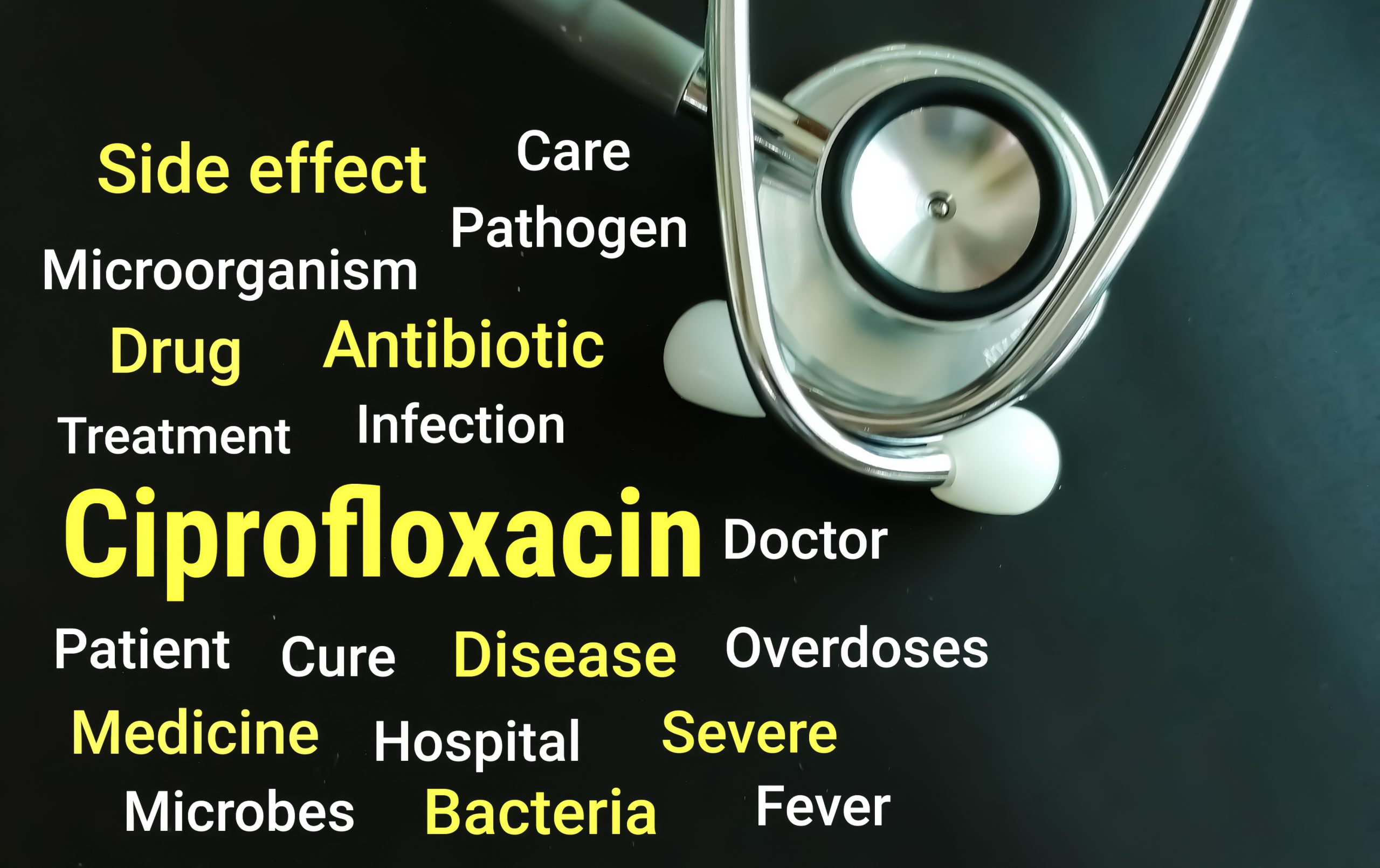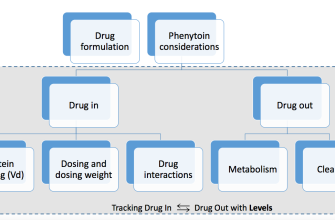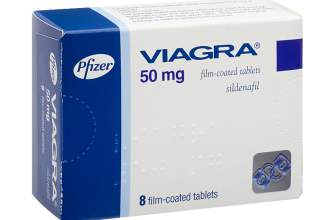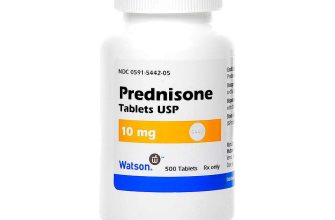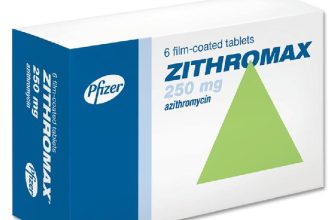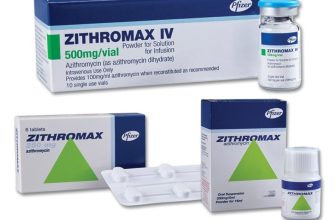Ciprofloxacin (Cipro) is not a first-line treatment for most sexually transmitted infections (STIs). While it possesses broad-spectrum antibacterial properties, its effectiveness against common STIs like chlamydia and gonorrhea is limited and declining due to antibiotic resistance.
Specific STI treatment requires accurate diagnosis. A healthcare professional will conduct tests to identify the infection, then prescribe appropriate medication. Self-treating with Cipro based on suspected symptoms can delay proper care, potentially leading to complications and promoting antibiotic resistance. This can hinder future treatment options for you and others.
Always consult a doctor or other qualified healthcare provider for any STI concerns. They can perform a thorough examination, order necessary tests, and provide tailored treatment recommendations based on your specific situation and the identified infection. This ensures the most effective outcome and minimizes the risks associated with inappropriate antibiotic use.
Remember, responsible antibiotic use is crucial for public health. Misuse contributes to the development of antibiotic-resistant bacteria, making infections harder to treat in the future. Seek professional medical advice; it’s the safest and most effective approach to managing STIs.
- Antibiotic Cipro for STDs: A Detailed Look
- Ciprofloxacin (Cipro) and its Mechanism of Action
- Targeting Bacterial Enzymes
- Spectrum of Activity
- Important Considerations
- Adverse Effects and Precautions
- STDs Commonly Treated with Ciprofloxacin (with Cautions)
- Effectiveness of Ciprofloxacin Against Specific STDs
- Gonorrhea
- Chlamydia
- Other STDs
- Important Note:
- Potential Side Effects and Risks Associated with Ciprofloxacin
- Drug Interactions: What to Avoid When Taking Ciprofloxacin
- Alternatives to Ciprofloxacin for STD Treatment
- When to Seek Medical Attention for STDs
- Symptoms Requiring Immediate Attention
- Other Reasons to See a Doctor
- Prevention and Safe Sex Practices to Avoid STDs
Antibiotic Cipro for STDs: A Detailed Look
Ciprofloxacin (Cipro) is not a first-line treatment for most sexually transmitted diseases (STDs).
It’s effective against some bacterial STDs, but resistance is growing. Here’s what you need to know:
- Gonorrhea: Cipro is no longer recommended for gonorrhea treatment due to widespread antibiotic resistance. Use alternative antibiotics like ceftriaxone.
- Chlamydia: Azithromycin or doxycycline are preferred treatments; Cipro is not usually prescribed.
- Syphilis: Penicillin is the standard treatment; Cipro is ineffective.
For accurate diagnosis and appropriate treatment, consult a healthcare provider immediately if you suspect an STD.
- Proper diagnosis is key. Your doctor will conduct tests to identify the specific infection. Self-treating can delay proper care and worsen the condition.
- Follow the prescribed treatment plan exactly. Complete the full course of antibiotics, even if symptoms improve before the end.
- Inform all sexual partners. Untreated STDs can spread easily.
- Practice safe sex. Condoms significantly reduce STD transmission risk.
Remember, delaying treatment can lead to serious complications. Seek medical attention for prompt and accurate care. This information is for general knowledge and does not constitute medical advice.
Ciprofloxacin (Cipro) and its Mechanism of Action
Ciprofloxacin targets bacterial DNA replication. It achieves this by inhibiting the activity of bacterial topoisomerase II (DNA gyrase) and topoisomerase IV. These enzymes are crucial for unwinding and separating DNA strands, processes necessary for DNA replication and cell division.
Targeting Bacterial Enzymes
Specifically, ciprofloxacin binds to these enzymes, preventing them from properly functioning. This blockage halts bacterial DNA replication and ultimately leads to bacterial cell death. The drug’s effectiveness relies on the differences between bacterial and human topoisomerases; ciprofloxacin preferentially targets the bacterial enzymes, minimizing harm to human cells.
Spectrum of Activity
Ciprofloxacin exhibits a broad spectrum of activity against both Gram-positive and Gram-negative bacteria, making it effective against a wide range of infections. However, resistance is a growing concern, necessitating appropriate use and adherence to prescribed dosages.
Important Considerations
Adverse Effects and Precautions
Common side effects include nausea, diarrhea, and abdominal pain. More serious, though rare, side effects might include tendonitis or tendon rupture. Inform your doctor about any pre-existing conditions or medications you’re taking before starting ciprofloxacin treatment. This information aids in determining if the medication is suitable for your specific needs.
STDs Commonly Treated with Ciprofloxacin (with Cautions)
Ciprofloxacin, while effective against some STDs, is not a first-line treatment for most. Its use is largely limited to specific infections caused by susceptible bacteria.
Gonorrhea: Ciprofloxacin was once used, but widespread antibiotic resistance now renders it largely ineffective. Avoid using ciprofloxacin for gonorrhea. Seek treatment with recommended alternatives like ceftriaxone.
Chlamydia: Similarly, ciprofloxacin’s use against chlamydia is discouraged due to rising resistance. Doxycycline or azithromycin are preferred treatment options.
Urinary Tract Infections (UTIs) caused by E. coli: Ciprofloxacin might be considered in cases of UTIs caused by susceptible E. coli strains. However, doctors usually explore other options first, given the risk of developing antibiotic-resistant bacteria. Always follow your doctor’s instructions.
Important Note: Never self-medicate. Ciprofloxacin can have side effects. Accurate diagnosis and appropriate treatment requires a medical professional to assess your specific situation and identify the infecting organism through testing. They will determine the most suitable antibiotic and dosage to treat your condition effectively and minimize the risk of resistance development.
Effectiveness of Ciprofloxacin Against Specific STDs
Ciprofloxacin, a fluoroquinolone antibiotic, is not a first-line treatment for most sexually transmitted diseases (STDs). Its use is limited due to increasing antibiotic resistance and the availability of safer, more targeted therapies.
Gonorrhea
Ciprofloxacin’s effectiveness against Neisseria gonorrhoeae, the bacteria causing gonorrhea, has dramatically decreased. The CDC no longer recommends ciprofloxacin for gonorrhea treatment due to widespread resistance. Alternative antibiotics like ceftriaxone are now preferred.
Chlamydia
Similar to gonorrhea, ciprofloxacin’s role in chlamydia treatment is minimal. Azithromycin and doxycycline are the recommended treatments; ciprofloxacin is rarely used and generally ineffective due to growing resistance.
Other STDs
Ciprofloxacin is generally not considered for treating other common STDs like syphilis, trichomonas, or genital herpes. These infections require different treatments altogether – penicillin for syphilis, metronidazole for trichomonas, and antiviral medications for herpes.
Important Note:
Always consult a healthcare professional for diagnosis and treatment of any STD. Self-treating can be dangerous and lead to complications. They will determine the appropriate antibiotic and dosage based on your specific infection and test results, considering factors like resistance patterns in your area.
Potential Side Effects and Risks Associated with Ciprofloxacin
Ciprofloxacin, while effective against certain STDs, carries potential side effects. Many are mild and temporary, such as nausea, diarrhea, or headache. However, some are more serious and require immediate medical attention.
Gastrointestinal issues are common. These include upset stomach, vomiting, and inflammation of the esophagus. Drink plenty of fluids to help alleviate these symptoms. If severe, contact your doctor.
Tendinitis and tendon rupture represent a notable risk, particularly in older adults or those taking corticosteroids. Sudden pain in a tendon should prompt immediate medical evaluation. Avoid strenuous activity.
Central nervous system effects can manifest as dizziness, confusion, or seizures. If you experience these, seek medical help promptly. Avoid driving or operating machinery if affected.
Photosensitivity is another risk. Increased sensitivity to sunlight can lead to sunburn. Use sunscreen with a high SPF and protective clothing while taking Ciprofloxacin.
Allergic reactions, ranging from mild rash to severe anaphylaxis, can occur. Stop taking Ciprofloxacin and seek immediate medical assistance if you experience an allergic reaction.
Kidney and liver problems are rare but possible. Your doctor should monitor your kidney and liver function if you have pre-existing conditions affecting these organs.
Interactions with other medications can occur. Inform your doctor about all medications, supplements, and herbal remedies you are taking.
This information isn’t exhaustive; always discuss potential side effects and risks with your doctor before starting Ciprofloxacin treatment. They can assess your individual risk factors and provide personalized advice.
Drug Interactions: What to Avoid When Taking Ciprofloxacin
Avoid taking ciprofloxacin with antacids containing magnesium or aluminum. These can reduce ciprofloxacin absorption.
Dairy products like milk and yogurt can also interfere. Consume them at least two hours before or after your ciprofloxacin dose.
Certain medications interact negatively with ciprofloxacin. Consult your doctor or pharmacist if you are taking any of the following:
| Medication Type | Examples | Potential Interaction |
|---|---|---|
| NSAIDs | Ibuprofen, naproxen | Increased risk of tendon damage |
| Theophylline | Asthma medication | Increased theophylline levels, potentially leading to toxicity |
| Warfarin | Blood thinner | Increased bleeding risk |
| Sucralfate | Stomach ulcer medication | Reduced ciprofloxacin absorption |
| Caffeine | Coffee, tea, soda | May increase ciprofloxacin side effects |
This isn’t an exhaustive list. Always inform your healthcare provider about all medications, supplements, and herbal remedies you’re using before starting ciprofloxacin.
Alternatives to Ciprofloxacin for STD Treatment
Ciprofloxacin is not always the best choice for treating sexually transmitted diseases (STDs). Its effectiveness is declining due to antibiotic resistance. Therefore, your doctor will likely prescribe a different antibiotic, tailored to the specific STD and its causative bacteria.
Here are some common alternatives, depending on the infection:
- For Gonorrhea: Ceftriaxone is frequently used as a single intramuscular injection. Azithromycin, taken orally, is often given concurrently to improve treatment success.
- For Chlamydia: Azithromycin is a common oral treatment. Doxycycline, also taken orally, is another effective option.
- For Syphilis: Benzathine penicillin G is the standard treatment, usually administered as a single intramuscular injection.
- For other bacterial STDs: Your doctor will select an appropriate antibiotic based on the specific bacteria identified, considering factors such as potential allergies and drug interactions. This may include erythromycin, levofloxacin (if ciprofloxacin resistance is not a concern), or other antibiotics.
It’s crucial to complete the entire course of antibiotics prescribed, even if you feel better before finishing. This helps ensure complete eradication of the infection and prevents the development of antibiotic-resistant bacteria.
Remember, self-treating STDs is dangerous. Always consult a doctor for diagnosis and treatment. They will accurately identify the infection and provide the most appropriate and effective medication.
This information is for educational purposes only and should not be considered medical advice. Always consult a healthcare professional for diagnosis and treatment of any medical condition.
When to Seek Medical Attention for STDs
See a doctor immediately if you experience any symptoms, even mild ones. Don’t wait for symptoms to worsen. Early diagnosis and treatment significantly improve outcomes.
Symptoms Requiring Immediate Attention
Seek immediate medical care if you notice unusual discharge, pain during urination, sores or blisters on your genitals, rectum, or mouth, or swollen lymph nodes in your groin. Also, contact your doctor if you’ve had unprotected sex and are concerned about potential exposure.
Other Reasons to See a Doctor
Schedule an appointment if you’ve had multiple sexual partners, engaged in risky sexual behavior (e.g., unprotected sex), or suspect you might have an STD. Regular STD screenings are recommended, especially for sexually active individuals.
Remember, prompt medical attention minimizes complications and improves treatment success. Don’t hesitate to contact a healthcare professional; they can provide accurate diagnoses and tailored treatment plans.
Prevention and Safe Sex Practices to Avoid STDs
Practice abstinence. This is the only completely reliable method to avoid STIs.
Use condoms consistently and correctly. Every time. Make sure to leave no air in the tip and roll it down completely before intercourse. Discard used condoms properly.
Limit your number of sexual partners. The more partners you have, the higher your risk.
Get tested regularly, especially if you have multiple partners or engage in risky sexual behaviors. Regular screenings allow for early detection and treatment.
Communicate openly and honestly with your partner(s) about your sexual history and STIs. This includes getting tested together.
Vaccinations are available for some STIs, like HPV and Hepatitis B. Discuss vaccination options with your doctor.
Avoid sharing needles or other drug paraphernalia.
Know your sexual health status. Understanding your risk factors helps you make informed decisions about your sexual health.
Seek medical attention immediately if you suspect you may have contracted an STI. Early treatment prevents complications.

